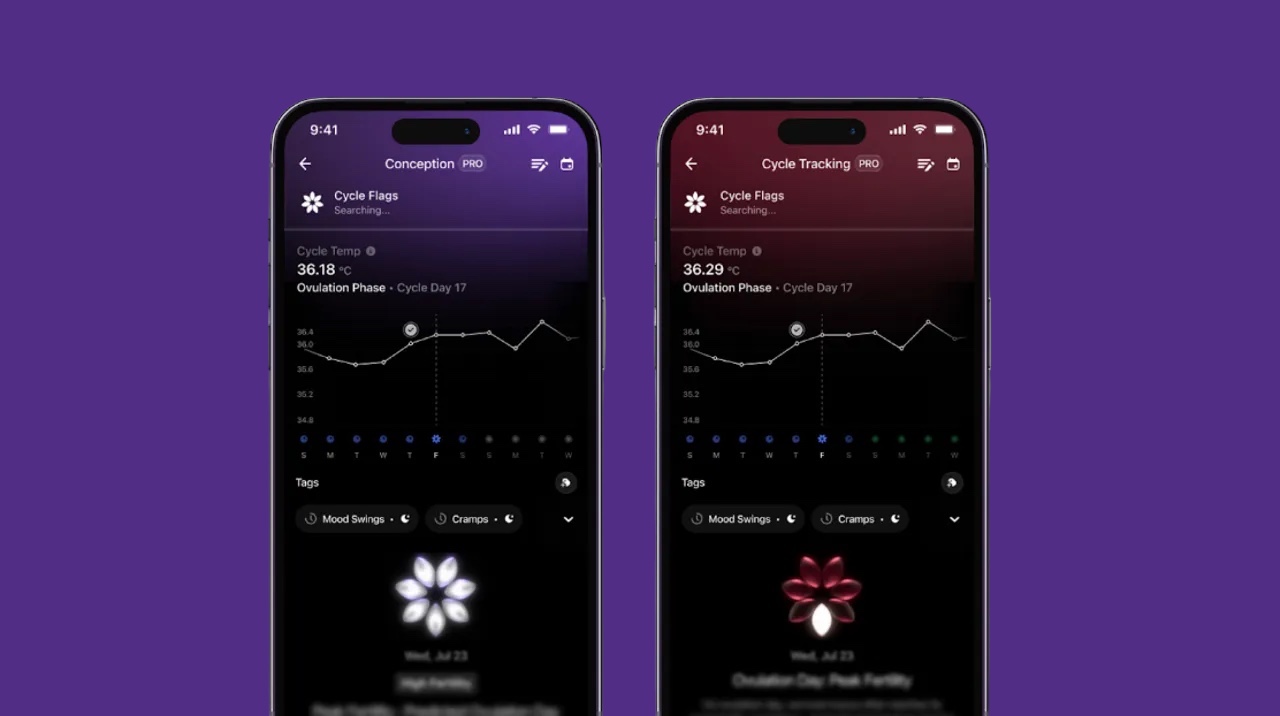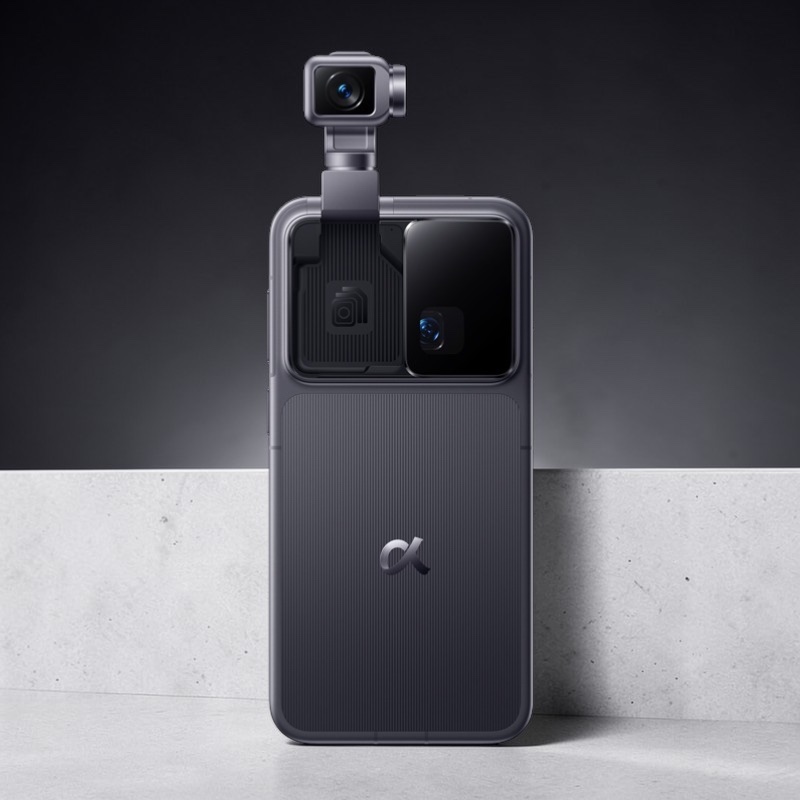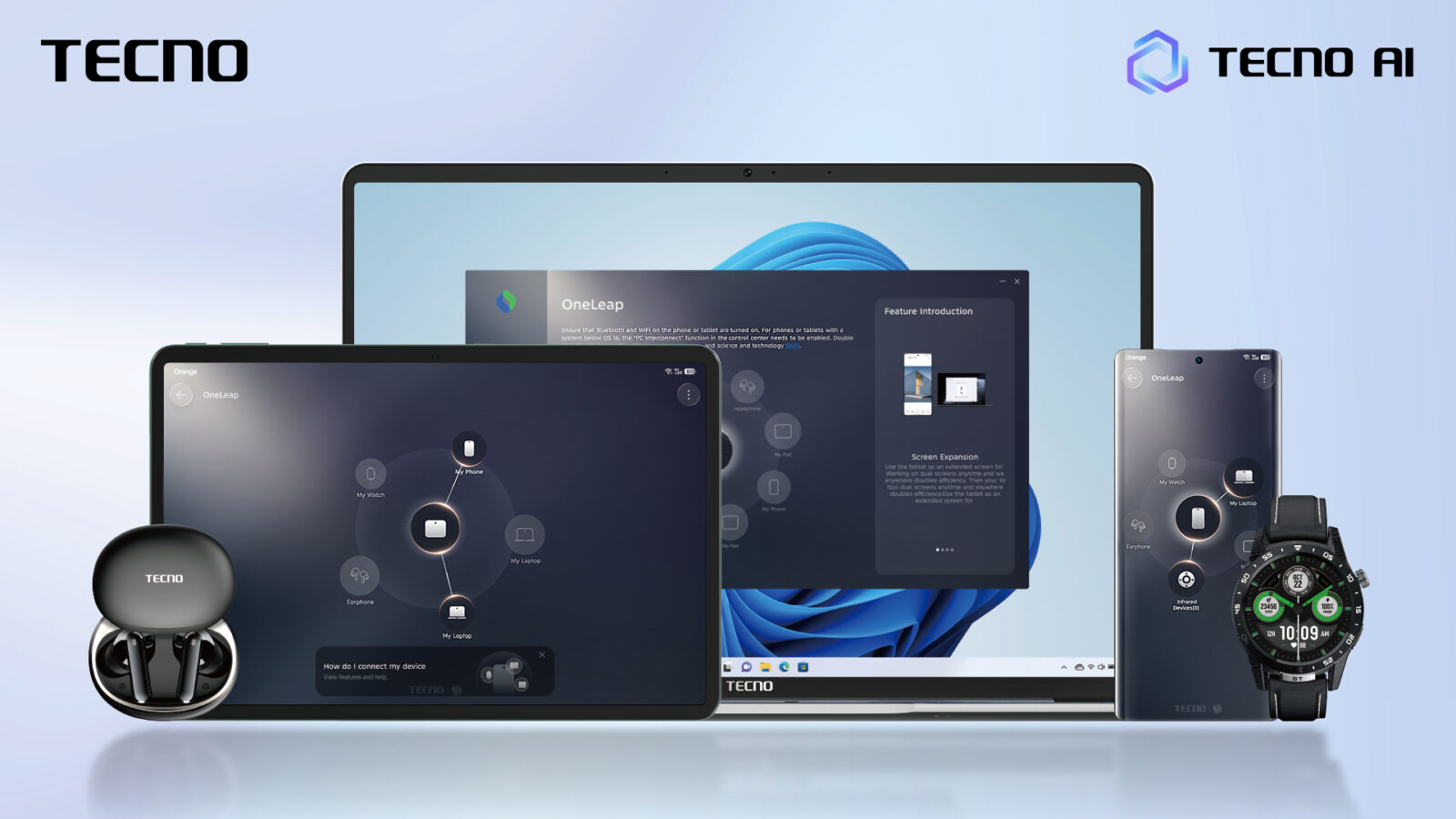The Ultrahuman Ring Air is getting a significant upgrade aimed at women’s health. The wearable brand has launched Cycle and Ovulation Pro, a paid subscription feature designed to help people with irregular menstrual cycles track their periods and fertility with greater accuracy.
The new service builds on Ultrahuman’s existing Cycle and Ovulation power plug, which is free for all Ring Air users. While the base feature provides general cycle estimates, the Pro version introduces medical-grade precision and deeper analytics. According to Ultrahuman, the tool boasts over 90% accuracy in cycle tracking and 99% accuracy in ovulation confirmation, validated through equivalence testing standards and medical publications.
At the core of Cycle and Ovulation Pro is temperature-sensing technology derived from OvuSense, a fertility monitor developed by viO HealthTech, which Ultrahuman recently acquired. The OvuSense algorithm is trained on more than 260,000 menstrual cycles and has been validated in 13 peer-reviewed studies. Unlike the original OvuSense device—which required nightly vaginal insertion—the Ultrahuman Ring Air passively collects Core Body Temperature datafrom the finger during sleep, with a precision of 0.003 °C.
This non-invasive approach allows the ring to track ovulation timing, confirm whether ovulation occurred, and analyze luteal phase patterns. It also provides insights into conditions that often disrupt regular cycles, such as PCOS, thyroid disorders, and endometriosis, making it especially useful for users whose periods don’t follow the conventional 28-day cycle.
Beyond ovulation detection, users can log symptoms through a tagging system to build a fuller picture of their reproductive health. Over time, the data can highlight patterns related to irregular cycles, miscarriage risk, or other hormonal changes, offering a more comprehensive view than standard calendar-based tracking apps.
Ultrahuman CEO Mohit Kumar said the goal of the update is to combine “hardware, software, and clinically validated algorithms” into a single wearable platform. The company positions this as a step forward in making fertility monitoring more accessible, accurate, and less invasive than older solutions.
The launch comes just days after Oura, Ultrahuman’s main competitor in the smart ring market, introduced its own women’s health features. Oura’s update focuses more on pregnancy and menopause tracking, while Ultrahuman is aiming directly at fertility and irregular cycle management. This difference suggests that the two brands are beginning to carve out distinct niches in the growing wearable health space.
Cycle and Ovulation Pro is now available in the US, UK, EU, Australia, and Canada, priced at $4 per month or $40 per year. For users already invested in the Ultrahuman ecosystem, the feature adds another dimension to a device originally marketed for sleep, recovery, and metabolic health insights.
With competitors like Oura also racing to expand their women’s health offerings, Ultrahuman’s decision to integrate a proven medical algorithm into its smart ring highlights a broader trend: wearables are no longer just about fitness tracking—they’re becoming more specialized tools for personalized health management.







